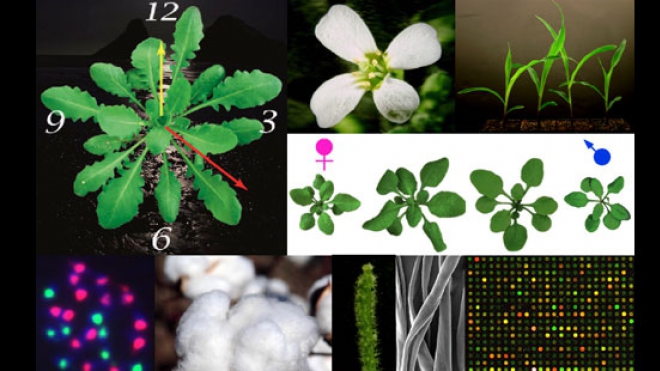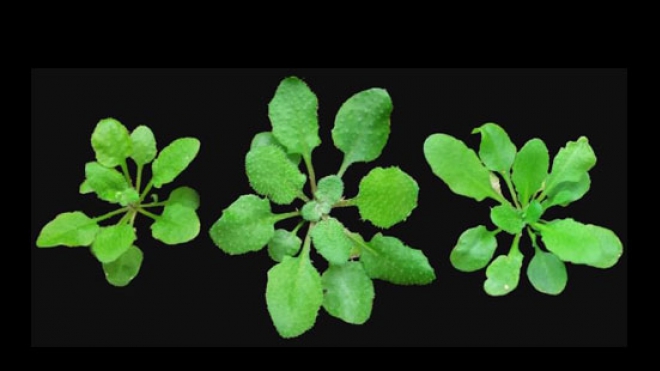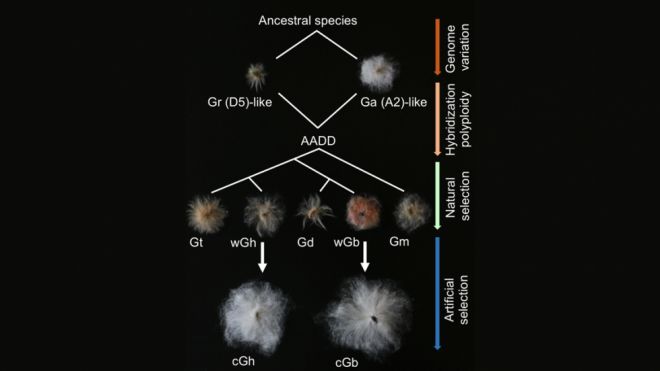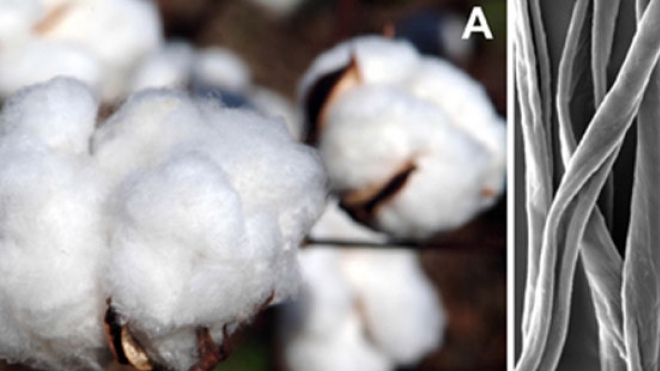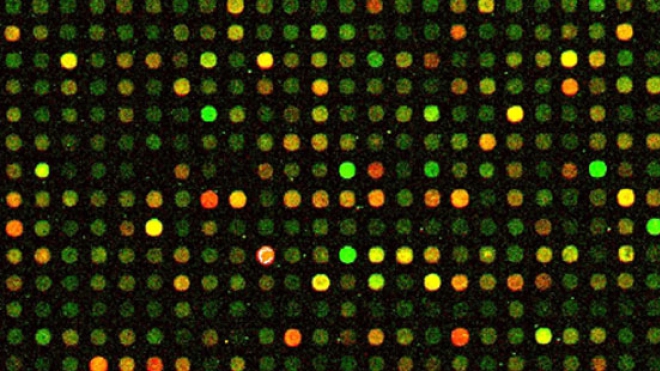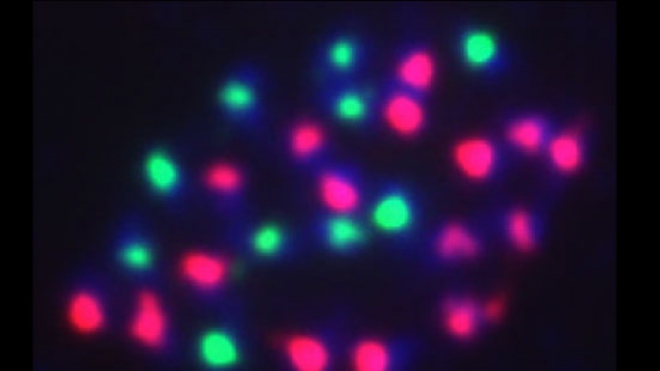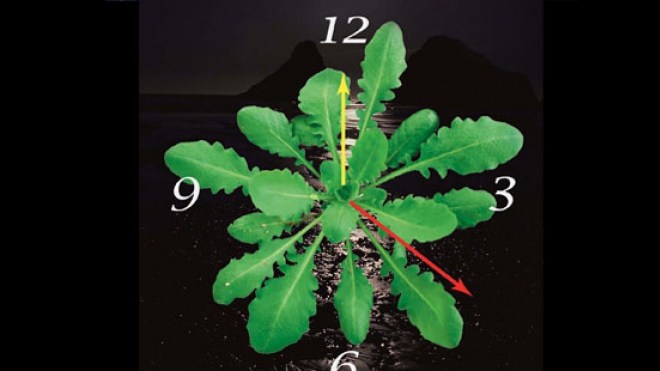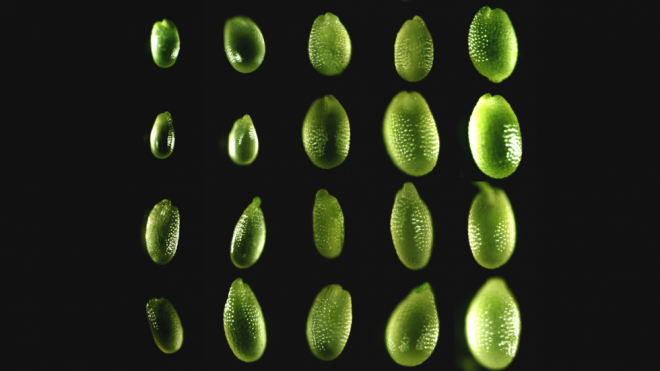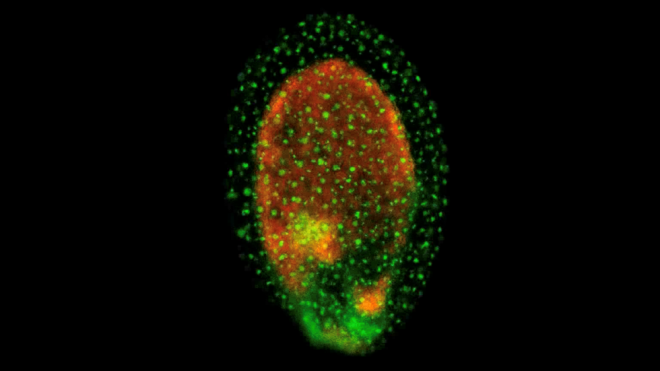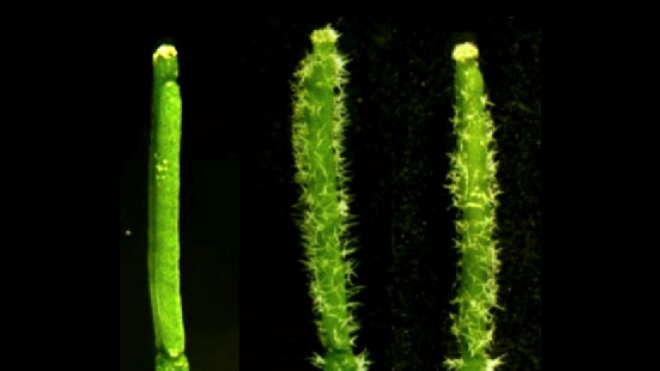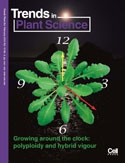The goal of our research program is to elucidate genetic and epigenetic mechanisms for polyploidy and heterosis and their impact on crop domestication and improvement. Polyploidy and heterosis are two fundamental biological phenomena that are critically important to agriculture and the environment because many crops, such as wheat, cotton and canola, are polyploids; others, like corn (maize) are grown as hybrids. Allopolyploid plants form by interspecific hybridization followed by genome doubling, while the heterozygosity and heterosis are permanently fixed, which provides genetic materials and bases for selection and adaptation in response to human intervention and climate change. We employ interdisciplinary approaches using genetic, genomic, and computational technologies, including CRISPR genome editing tools to address the molecular bases for biomass and seed size heterosis in Arabidopsis and corn hybrids and for fiber cell development in cotton. A recent discovery links altered circadian rhythms via epigenetic regulation to growth vigor in Arabidopsis hybrids and allopolyploids as well as in maize hybrids. Although heterosis is commonly observed, some hybrids and allopolyploids cannot produce offspring, a phenomenon known as hybrid incompatibility. We predict that molecular interactions between genes and small RNAs that are functionally diverged in the respective hybridizing species cause hybrid incompatibilities; siRNA-directed DNA methylation mediates spatiotemporal regulation of seed development and the parent-of-origin effect on heterosis. In cotton allotetraploids, we investigate epigenetic mechanisms for fiber cell initiation and development and biased expression of homoeologous genes. Beyond plants, hybrid vigor and inbreeding depression are common in sexually reproducing organisms including humans. Moreover, many cancer cells are polyploids and aneuploids, and the mechanisms associated with balancing ploidy and gene expression may therefore eventually serve as tools for understanding cancer and human health.

